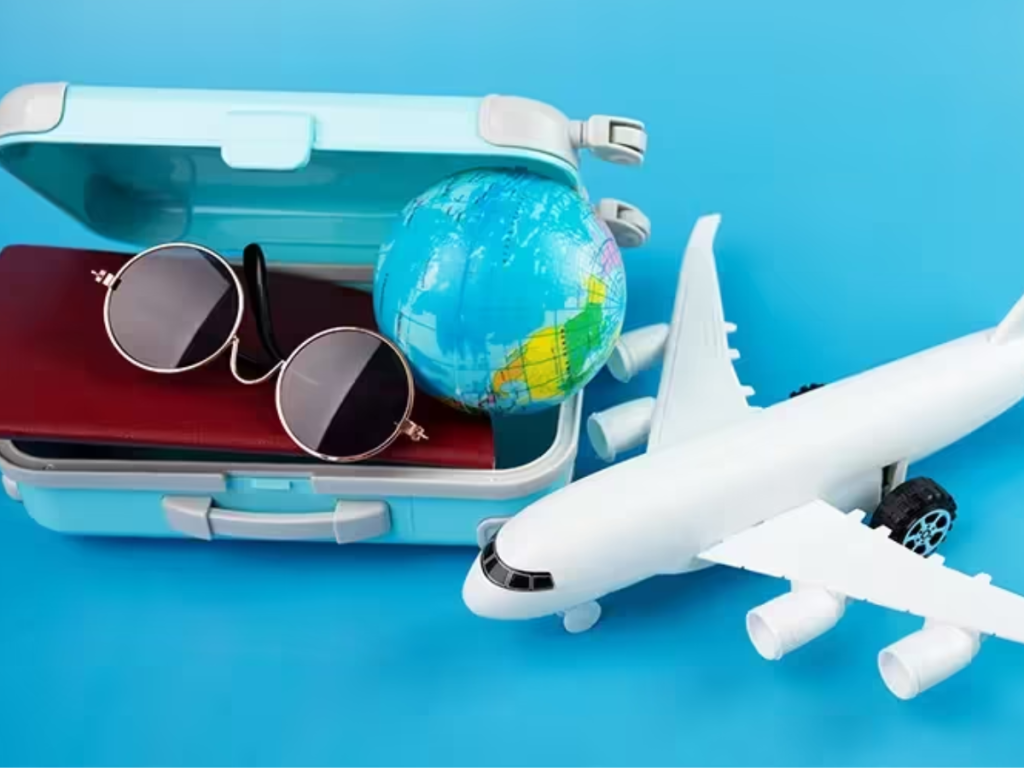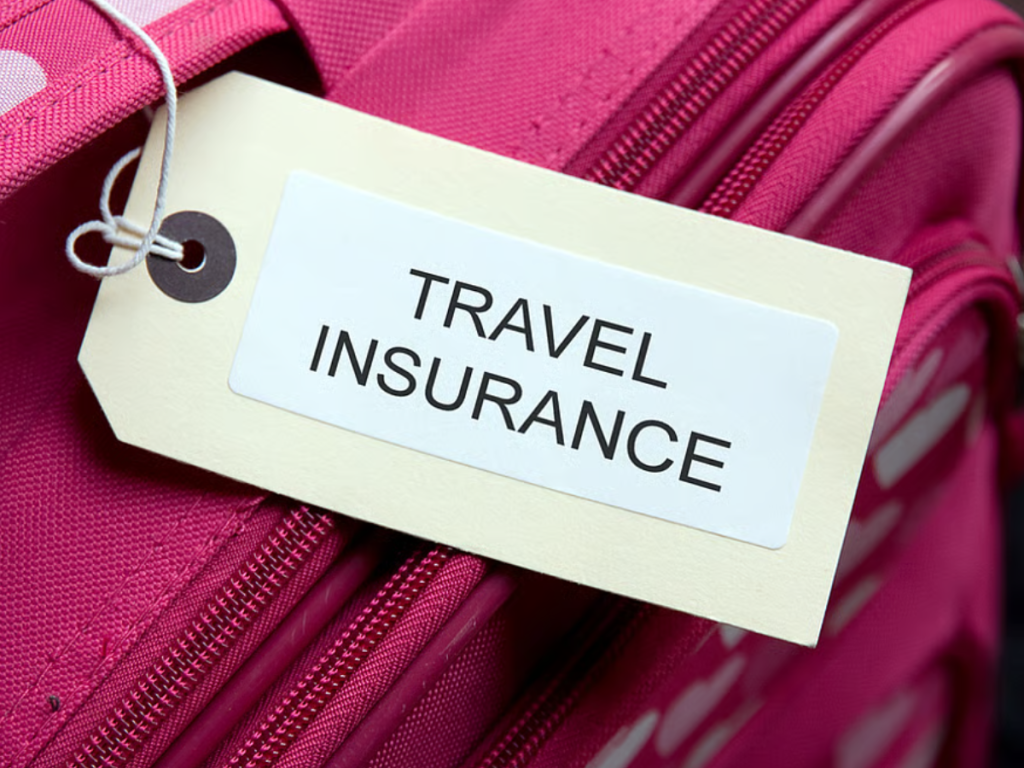Introduction
When planning a trip, most people spend time hunting for cheap flights, booking the perfect hotel, or creating an itinerary full of exciting experiences. But amid all the excitement and logistics, one essential piece of the puzzle is often overlooked or dismissed as optional—travel insurance.
Many travelers consider travel insurance an unnecessary expense or a last-minute checkbox before hitting “book.” However, this perception couldn’t be further from the truth. Travel insurance is not just a backup plan—it’s a powerful shield that can save you from financial disasters, medical emergencies, and unexpected interruptions. It offers peace of mind in an unpredictable world and, when understood properly, can be one of the smartest investments you make before stepping onto a plane.
Let’s explore why travel insurance deserves a top spot on your pre-travel checklist and how it can protect your money, your health, and your sanity.
The Myth: “It Won’t Happen to Me”
One of the biggest reasons travelers skip insurance is the belief that nothing will go wrong. It’s a hopeful, albeit naive, assumption. The reality is that travel is full of variables—weather delays, lost luggage, political unrest, natural disasters, or even personal illness. According to recent industry reports, nearly 25% of travelers experience a travel-related mishap. Whether it’s a delayed flight, a stolen passport, or an emergency surgery abroad, the consequences can be far more expensive than the price of insurance.
Travel insurance transforms those “what if” scenarios into manageable inconveniences instead of financial nightmares.
Coverage That Counts: What Travel Insurance Really Offers
Most people don’t realize the breadth of coverage that travel insurance can provide. It’s far more comprehensive than people assume and can be tailored to fit your specific journey.
1. Trip Cancellation and Interruption:
If you need to cancel your trip due to a medical emergency, a death in the family, or other covered reason, travel insurance can reimburse your non-refundable expenses like flights and hotel bookings. If your trip is interrupted mid-way, you may be covered for unused portions and the cost of getting back home.
2. Medical Emergencies Abroad:
Most domestic health insurance policies offer limited or no coverage outside your home country. Travel insurance bridges that gap, covering hospital stays, surgeries, emergency transport, and even medical evacuations. Imagine needing surgery in a country with no access to free healthcare—the bill could reach tens of thousands of dollars. Travel insurance can be your financial lifesaver in such scenarios.
3. Lost, Stolen, or Delayed Baggage:
Luggage goes missing more often than people think. Travel insurance helps you get reimbursed for lost belongings or purchases made while waiting for delayed bags to arrive. It also covers theft, which is especially valuable in high-risk destinations.
4. Emergency Evacuation and Repatriation:
In cases of political unrest, natural disasters, or serious health issues, getting evacuated to a safer location or back home can cost tens of thousands of dollars. Insurance ensures you’re not footing the bill alone.
5. Travel Delay and Missed Connections:
Weather delays and missed connecting flights can throw your entire trip into chaos. Insurance can cover hotel stays, meals, and the cost of rebooking travel plans.
6. Accidental Death and Dismemberment:
Although unpleasant to consider, some policies offer compensation in the tragic event of death or permanent disability while traveling.
Real-Life Scenarios That Prove the Value
Let’s consider a few real-world examples that highlight the true value of travel insurance:
- A couple traveling to Italy had to cancel their trip at the last minute due to a serious car accident involving a family member. Their non-refundable flights and pre-booked accommodation totaled over $5,000. Their travel insurance covered every penny.
- A backpacker in Thailand contracted dengue fever and required hospitalization. The medical bills exceeded $8,000. Thanks to travel insurance, he didn’t have to pay a dime out of pocket.
- A woman visiting Spain had her passport and wallet stolen. Her travel insurance covered her emergency expenses, helped her get a temporary passport, and even reimbursed her for the stolen money.
Without insurance, all of these travelers would have faced not just emotional stress, but significant financial burdens.
Peace of Mind Is Priceless
Perhaps the most underrated benefit of travel insurance is the peace of mind it brings. Knowing that you’re protected in the face of emergencies allows you to travel with confidence. You can enjoy your trip without worrying about worst-case scenarios.
For families, this peace of mind is even more vital. Traveling with children introduces more unpredictability—illness, accidents, and tantrums don’t stop just because you’re on vacation. Travel insurance offers a buffer that lets parents focus on making memories instead of managing crises.
Similarly, for solo travelers, being alone in a foreign country during an emergency can be terrifying. Insurance not only provides financial assistance but also access to 24/7 support and local resources. This can be a critical lifeline when you don’t speak the language or know local laws and customs.
Not All Policies Are Equal: Choosing the Right One
Investing in travel insurance is smart—but choosing the right plan is even smarter. Here are a few tips to ensure you get the most out of your coverage:
1. Match the policy to your trip.
Are you going on a cruise? Backpacking across multiple countries? Planning adventure sports like scuba diving or skiing? Make sure your policy covers the specific activities and destinations involved in your travel.
2. Read the fine print.
Understand what is and isn’t covered. Some policies exclude pre-existing conditions, high-risk countries, or certain weather-related delays. Always check exclusions before buying.
3. Consider the value, not just the cost.
Don’t go for the cheapest policy. Instead, evaluate what you’re getting for the price. A few extra dollars could significantly increase your coverage limits and benefits.
4. Check your existing coverage.
Some credit cards offer limited travel insurance benefits. Know what your card offers and use travel insurance to fill in the gaps.
5. Choose a reputable provider.
Always buy from a licensed, well-reviewed insurance company with strong customer support. In an emergency, you need a provider that is responsive and efficient.
A Small Investment With Big Returns
The cost of travel insurance is a fraction of your total trip expenses—often just 4-10% of the total trip cost. For this small investment, you get protection that can potentially save you thousands. More importantly, it shields you from the stress and chaos that come with emergencies abroad.
Think of it this way: you wouldn’t drive a car without insurance. So why fly across the world—often to unfamiliar places with unpredictable risks—without a safety net?
When Insurance Feels Invaluable
Some moments highlight the irreplaceable value of travel insurance more than others. Imagine missing a connecting flight and being stranded overnight in a foreign city. Or dealing with a sudden illness that requires hospitalization in a country where you don’t speak the language. Or losing your passport and not knowing how to navigate the embassy process.
In all these moments, your travel insurance provider becomes more than a policy—it becomes your problem solver, your crisis manager, and your support system.
Responsible Travel Includes Insurance
In the modern travel landscape, being a responsible traveler means more than following local customs or being environmentally conscious. It also means preparing for the unexpected and protecting yourself and others from risk.
Travel insurance isn’t about being pessimistic—it’s about being realistic and prepared. Just like vaccinations, emergency contacts, and checking local laws, insurance is part of responsible travel behavior. It shows that you value your safety, your finances, and your peace of mind.
Final Thoughts
Travel is one of life’s greatest pleasures. It opens your mind, enriches your soul, and creates memories that last a lifetime. But it also comes with risks—some small, some significant. Travel insurance is the safety net that allows you to chase adventure while staying protected.
Before your next flight, take a moment to think beyond the seat assignment and itinerary. Think about what would happen if things don’t go as planned. Investing in travel insurance is not a sign of fear—it’s a sign of wisdom. It means you value your time, your health, your money, and your journey.

